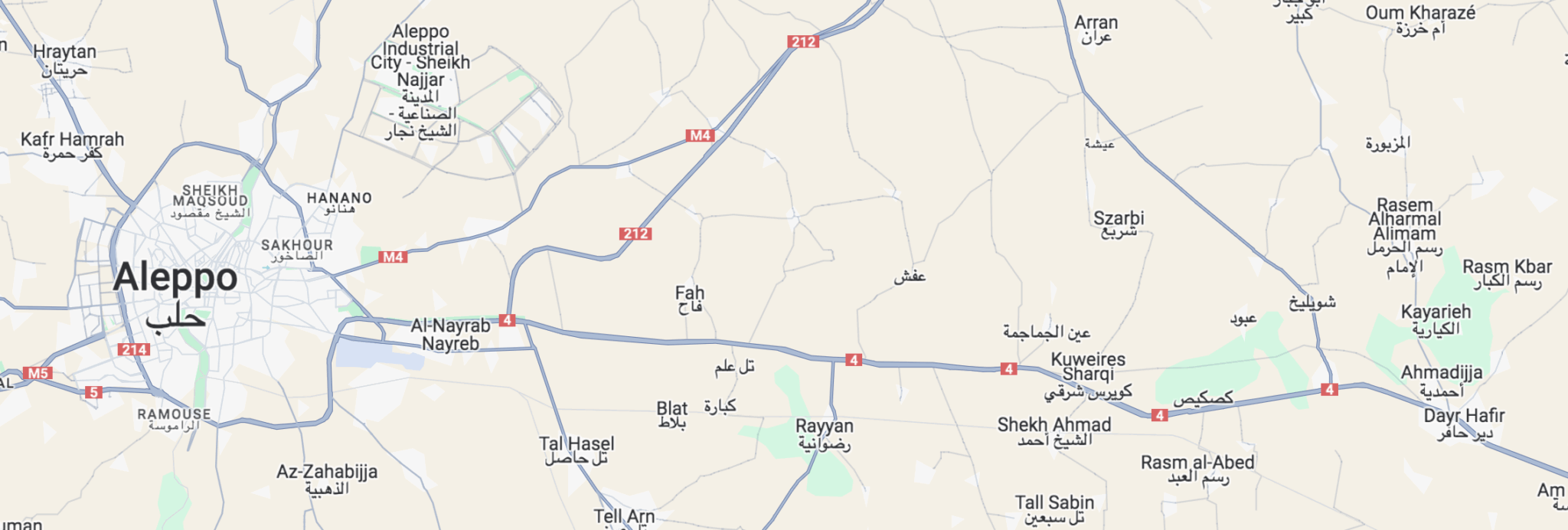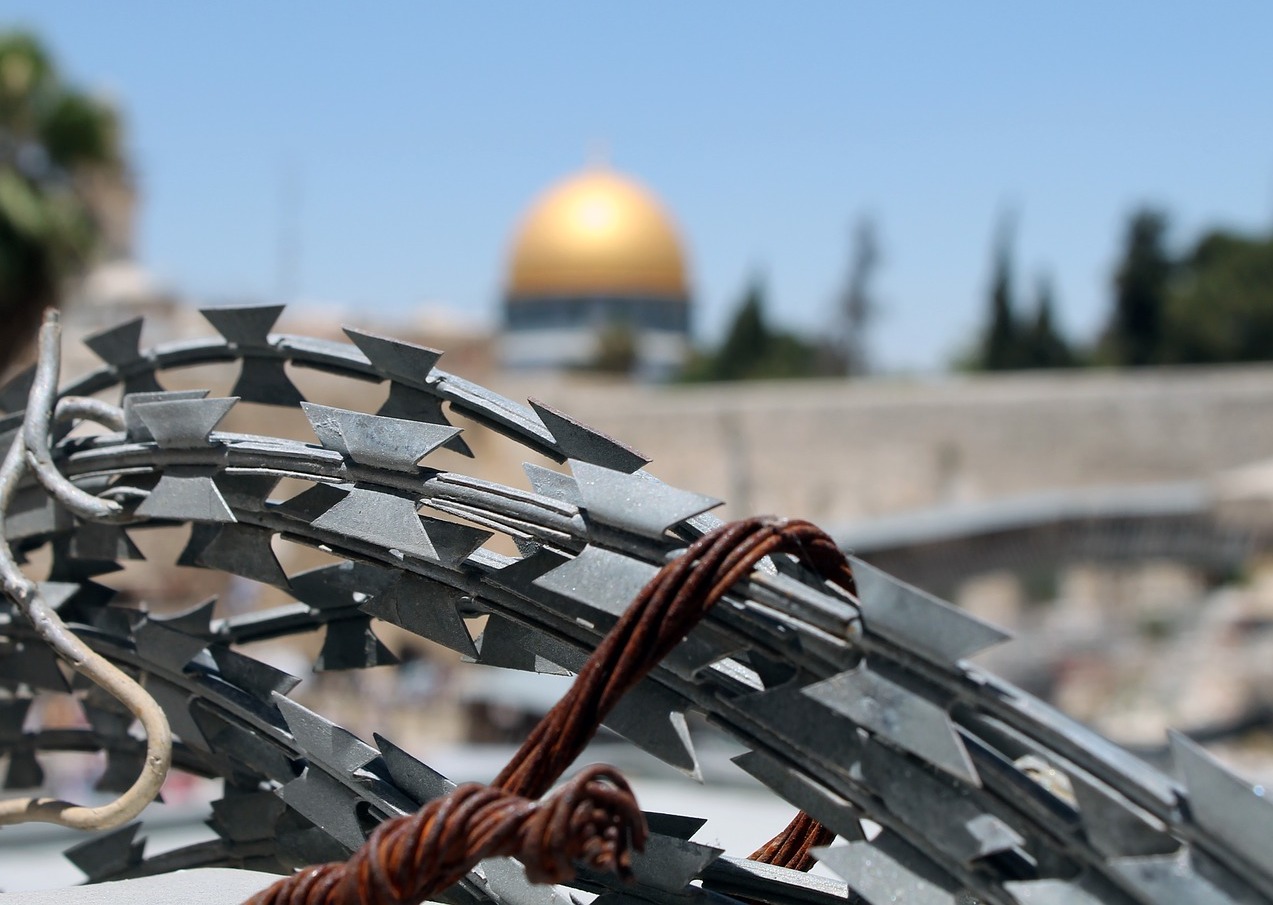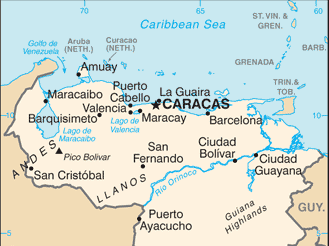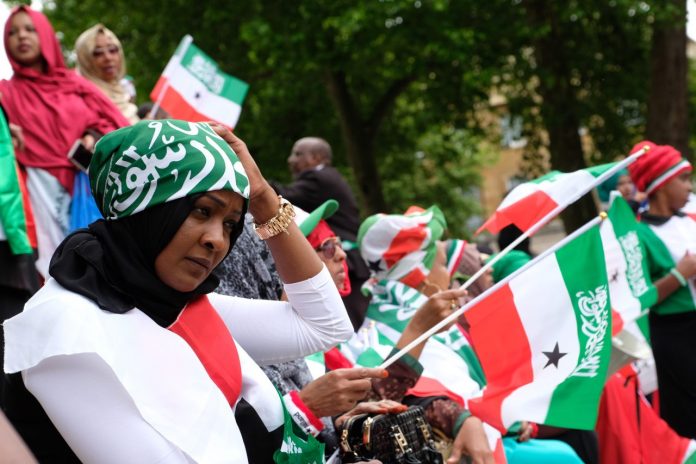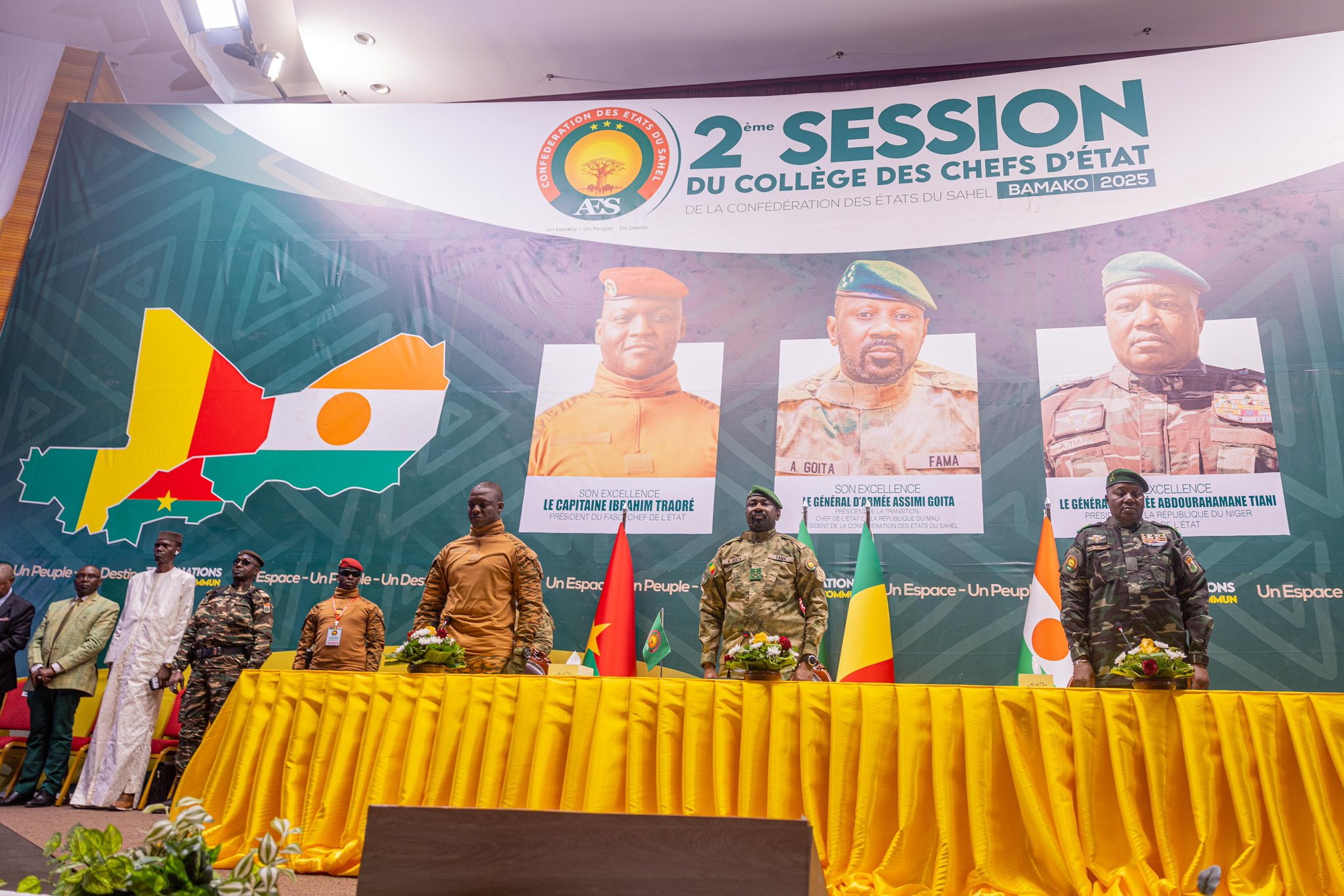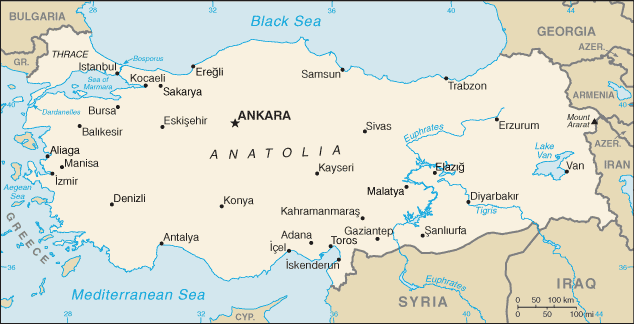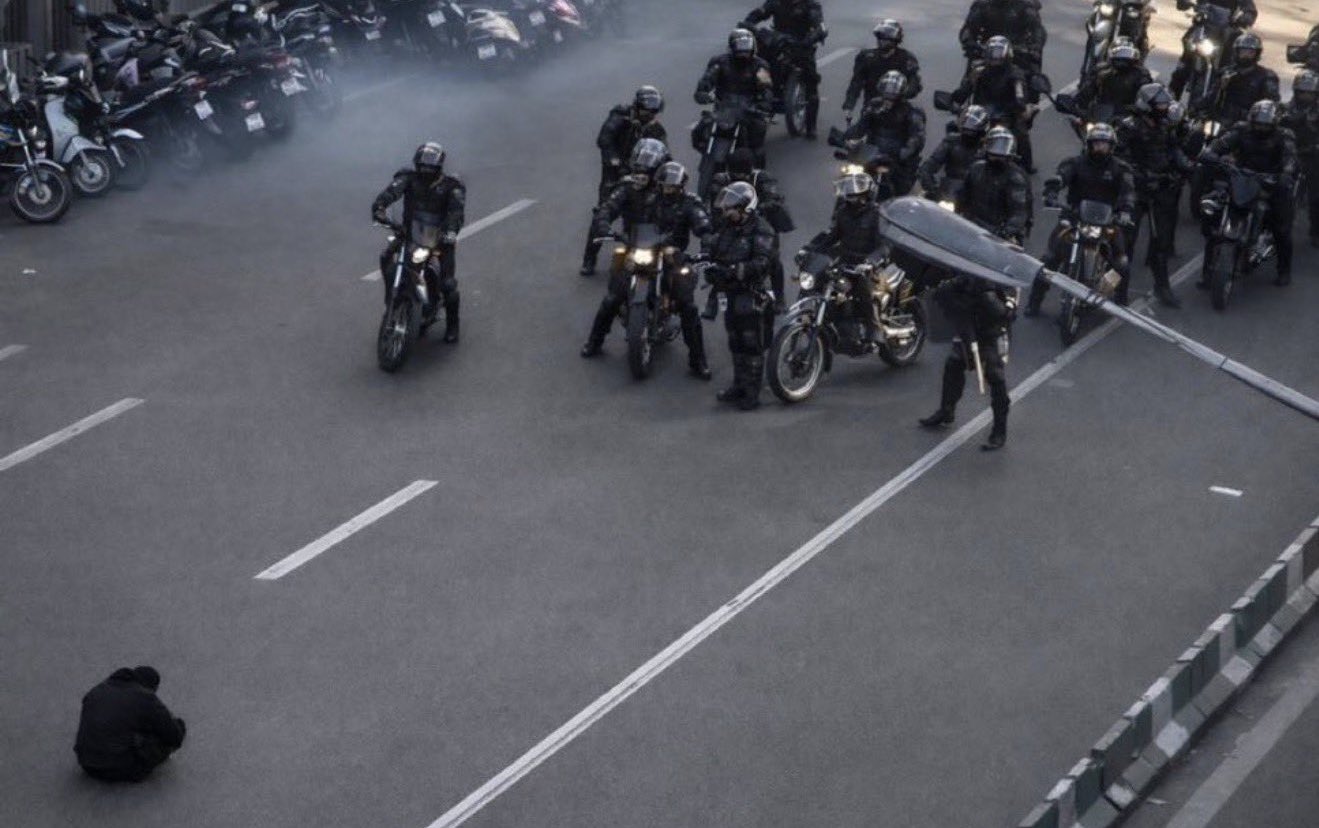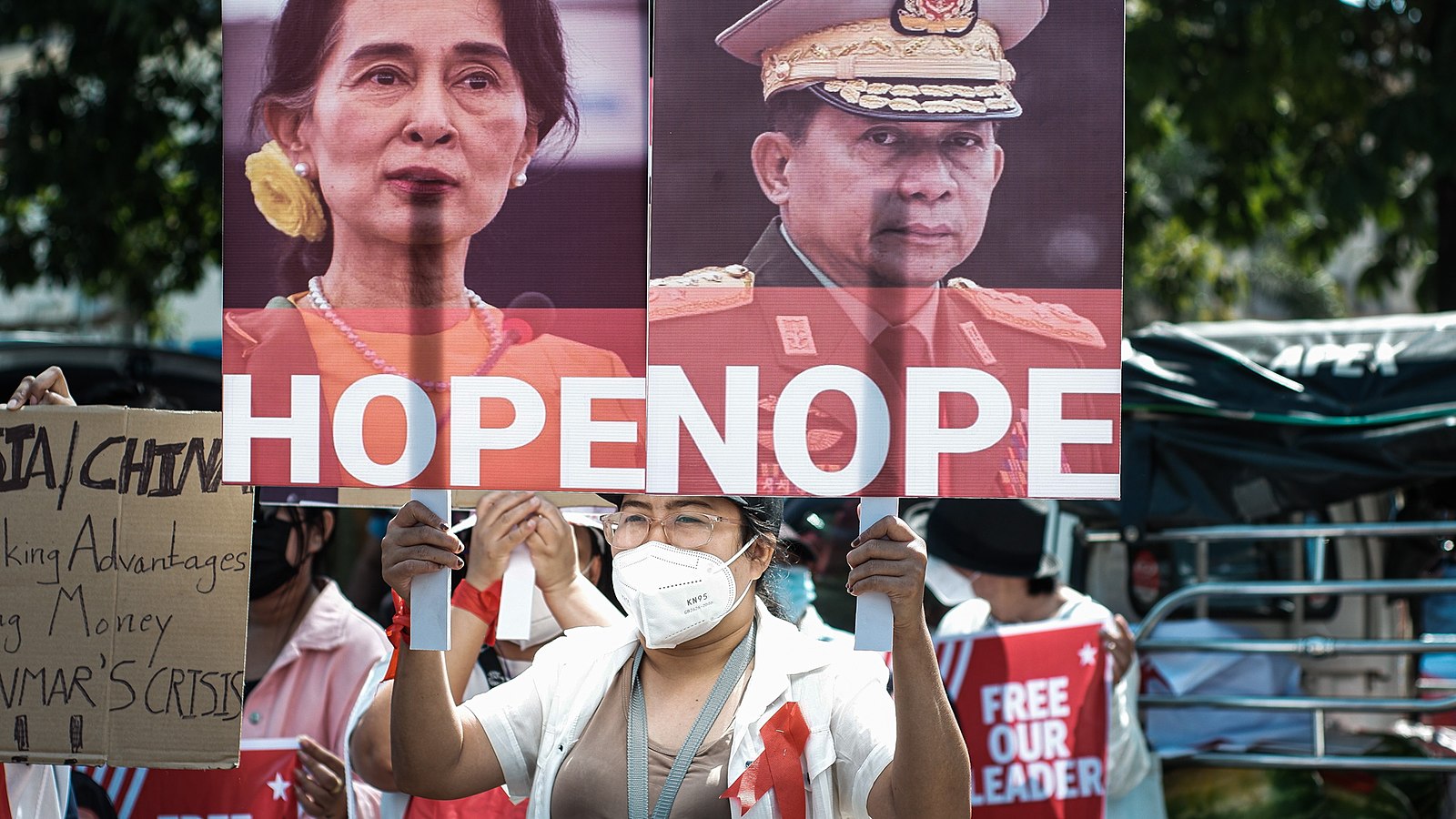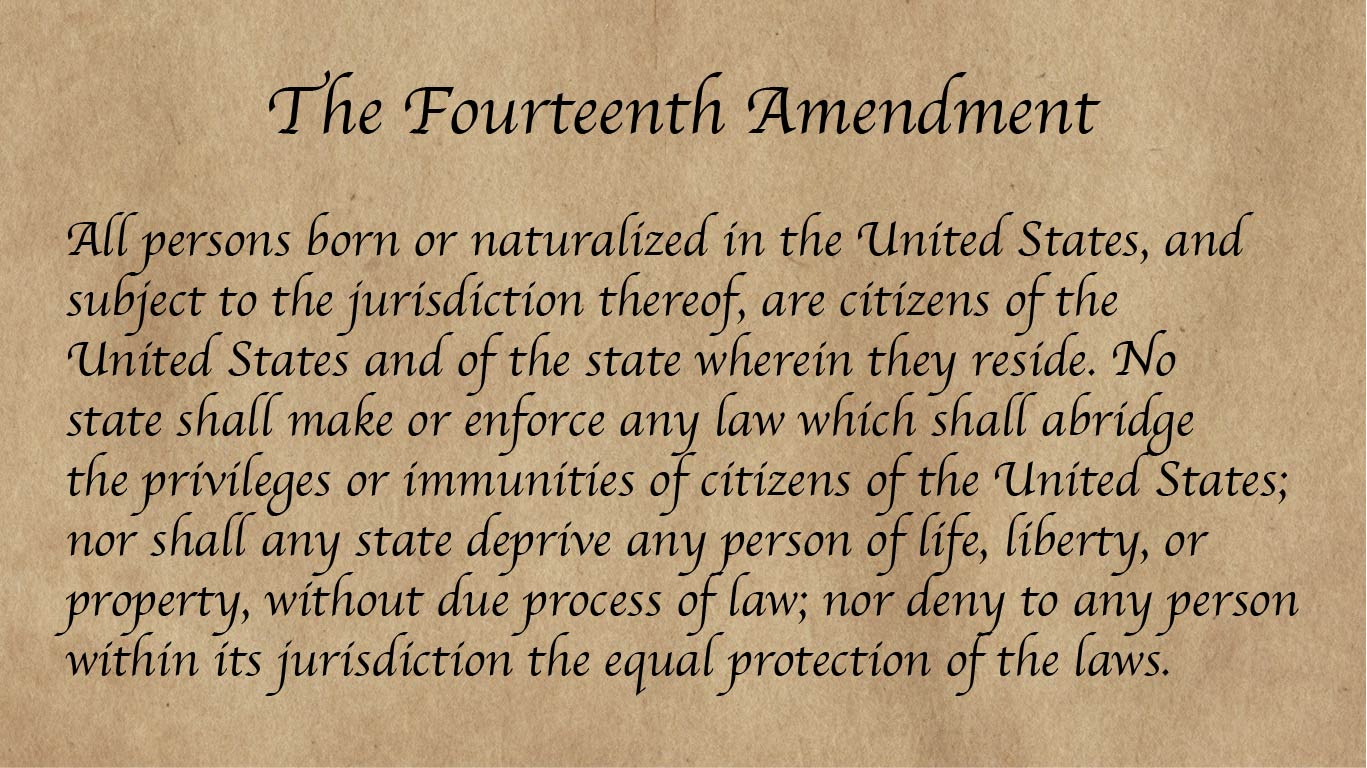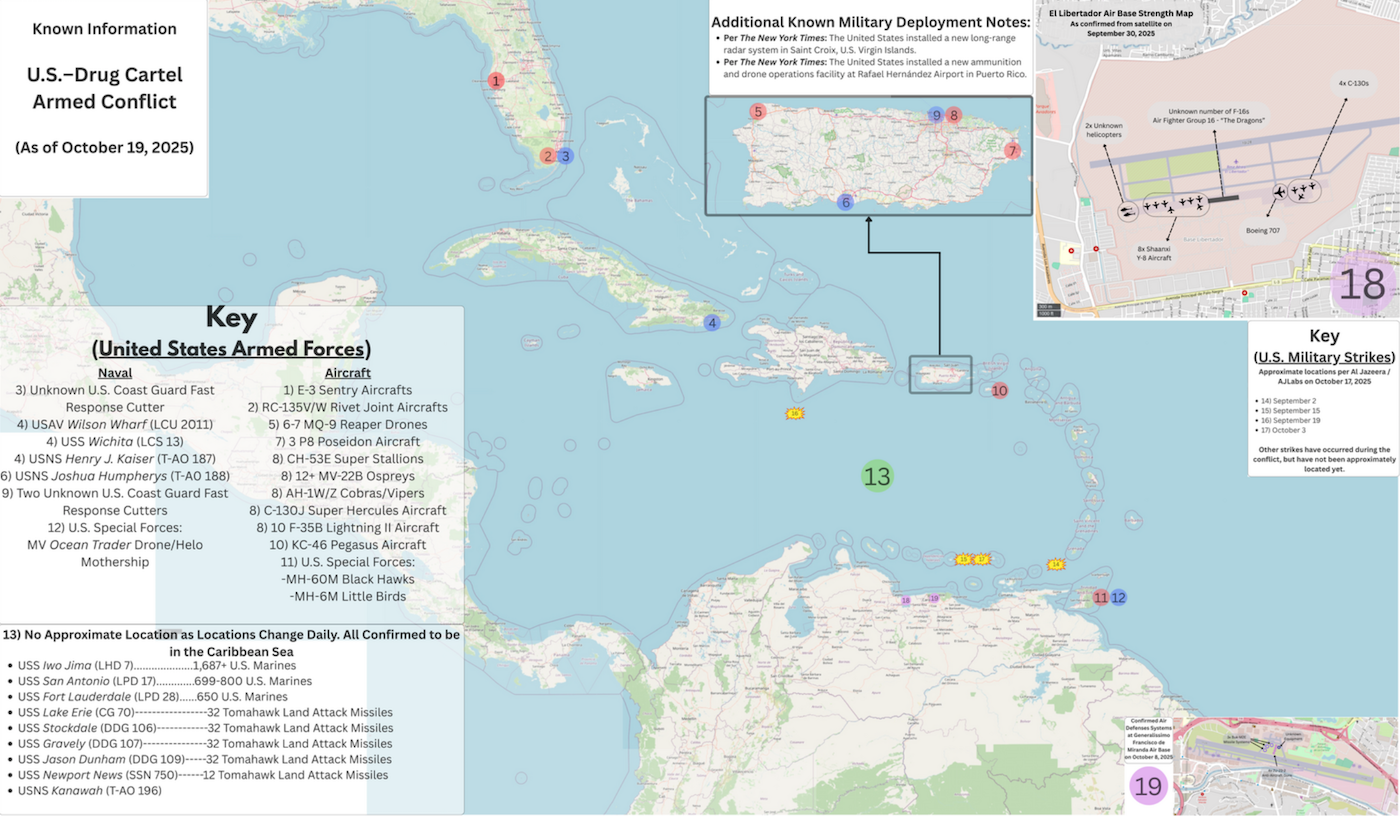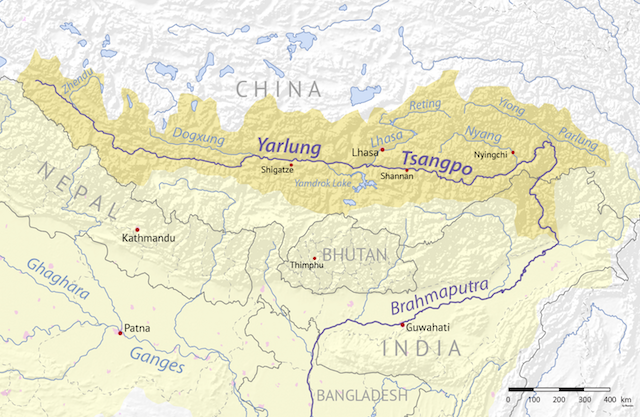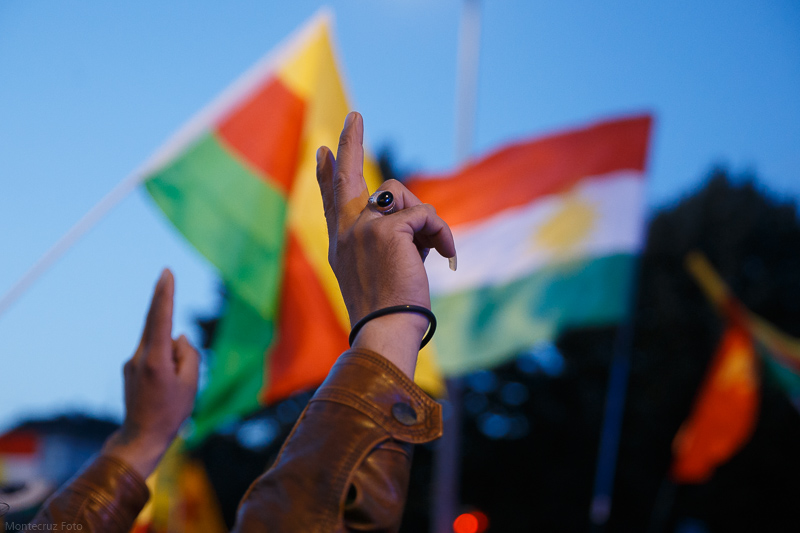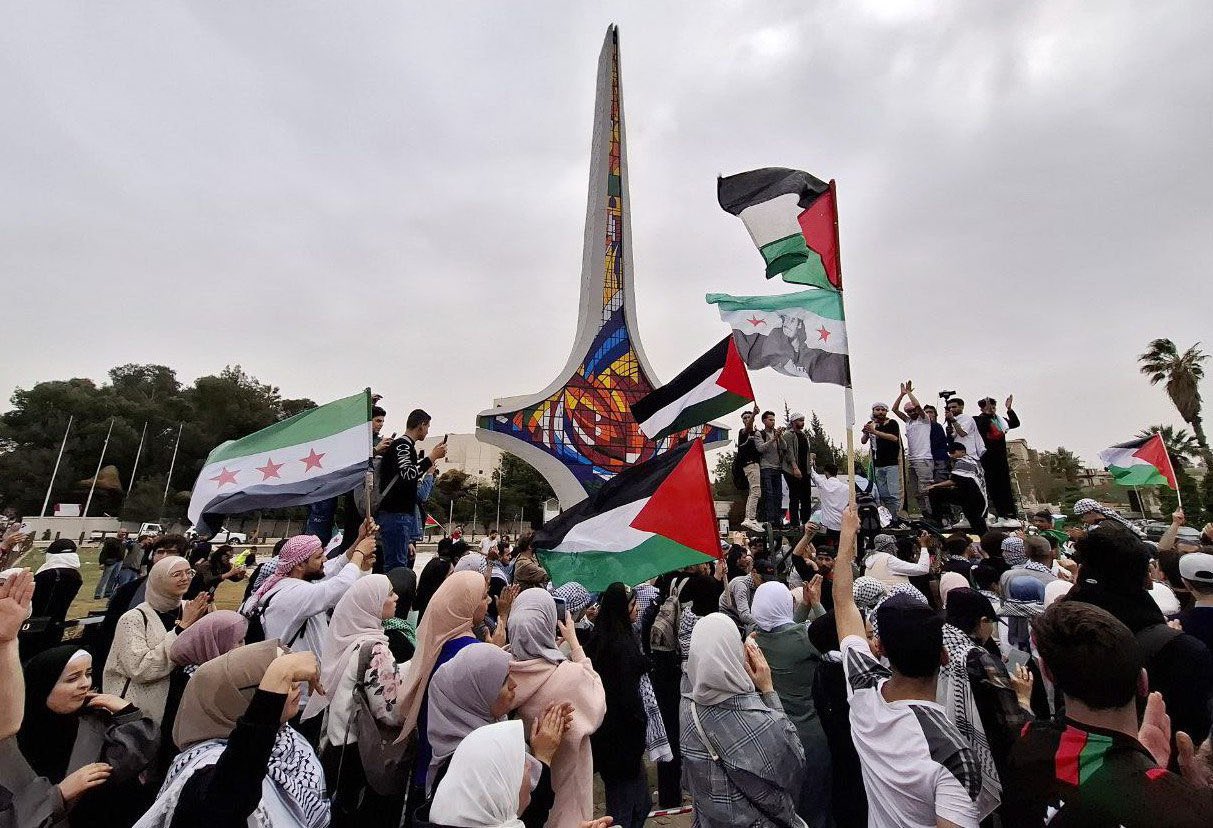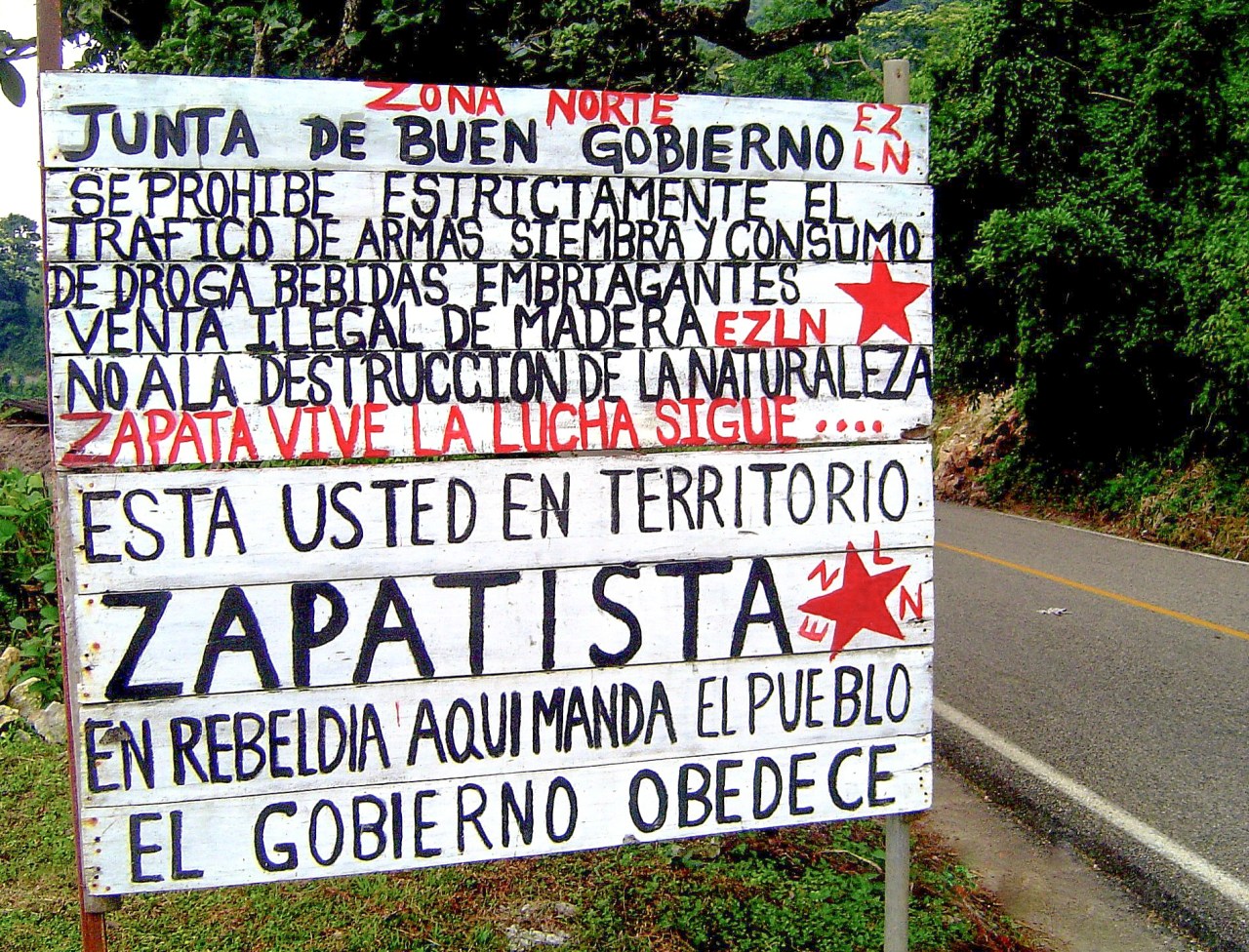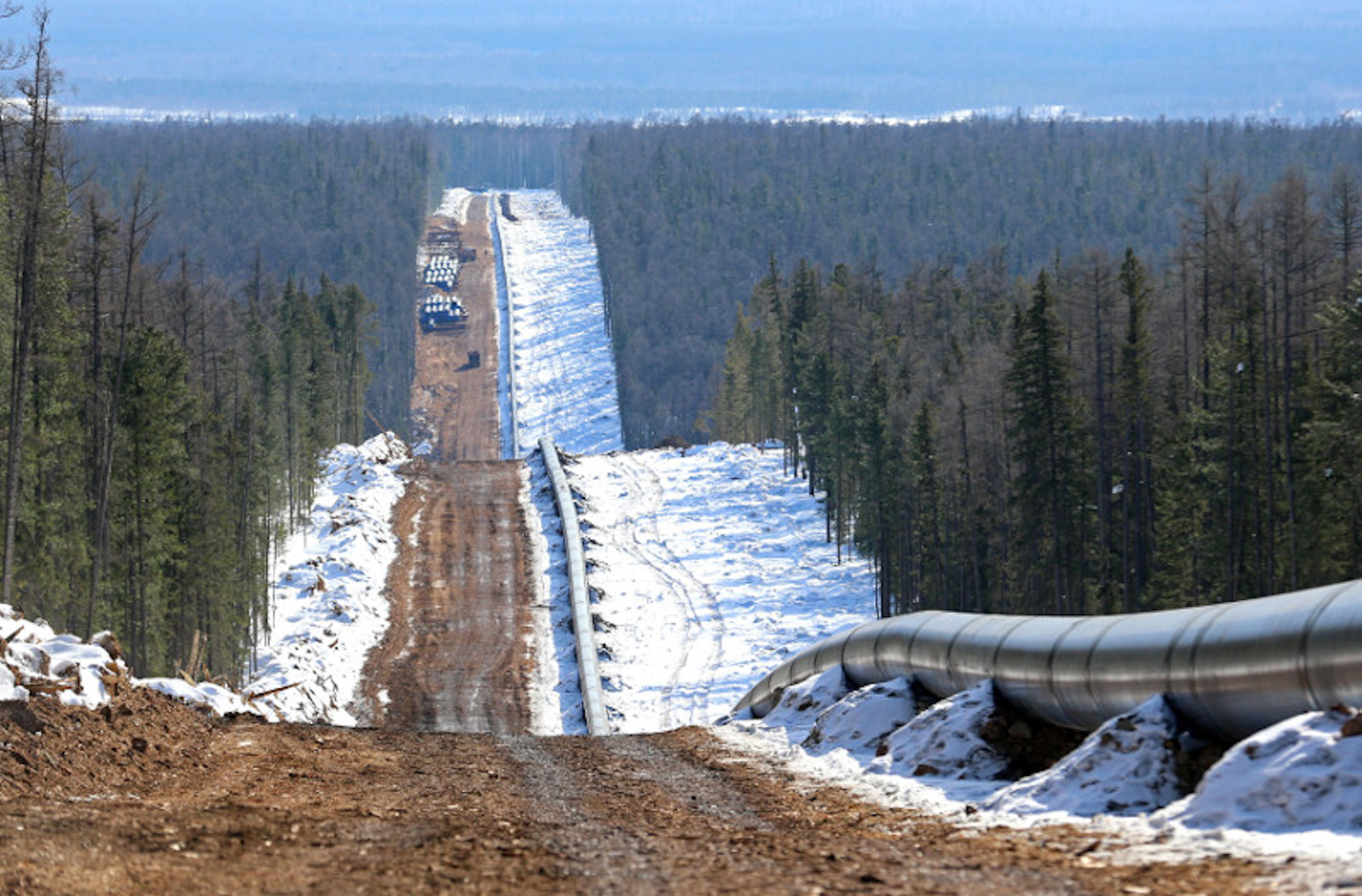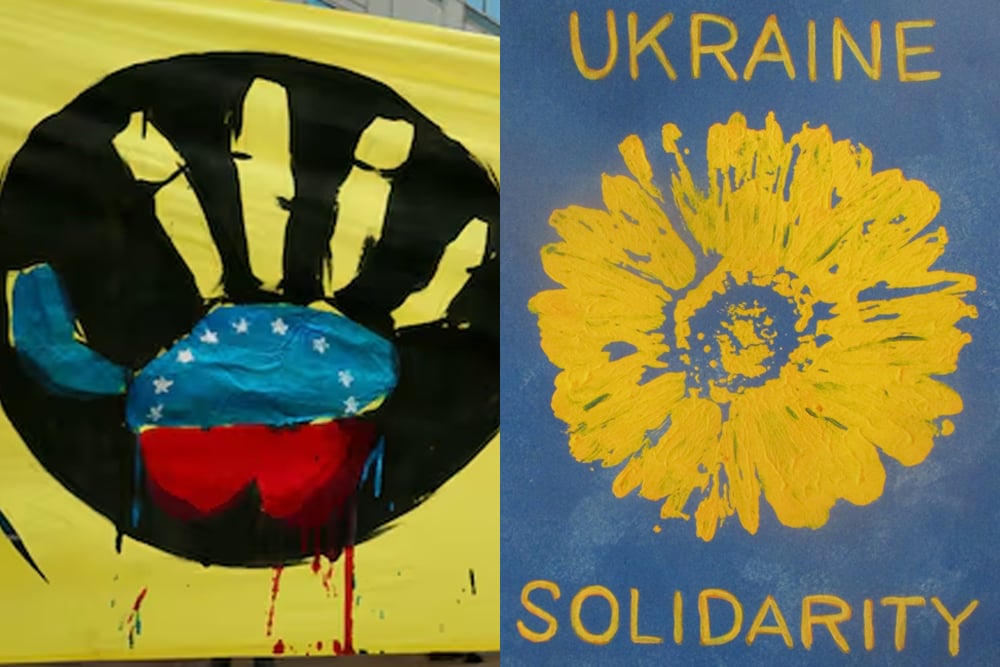
Venezuela and Ukraine: forbidden symmetry
A close reading of the facts indicates that Putin and Trump worked out a global carve-up in which Russia gets Ukraine and the US gets Venezuela. This was implicitly acknowledged in the “Trump Corollary” to the Monroe Doctrine enshrined in the National Security Strategy released by the White House weeks before the illegal Venezuela attack was launched. In this light, Russian protests of the US aggression at the UN Security Council seem strictly pro forma. Both dissident left voices in Venezuela and democratic socialists in Ukraine have made the point that to betray one country is to betray the other. In Episode 312 of the CounterVortex podcast, Bill Weinberg demonstrates how the global divide-and-rule racket that is campism has never made less sense. (Image mash-up by Chris Rywalt, with material from Tamara Wyndham and CBC)





